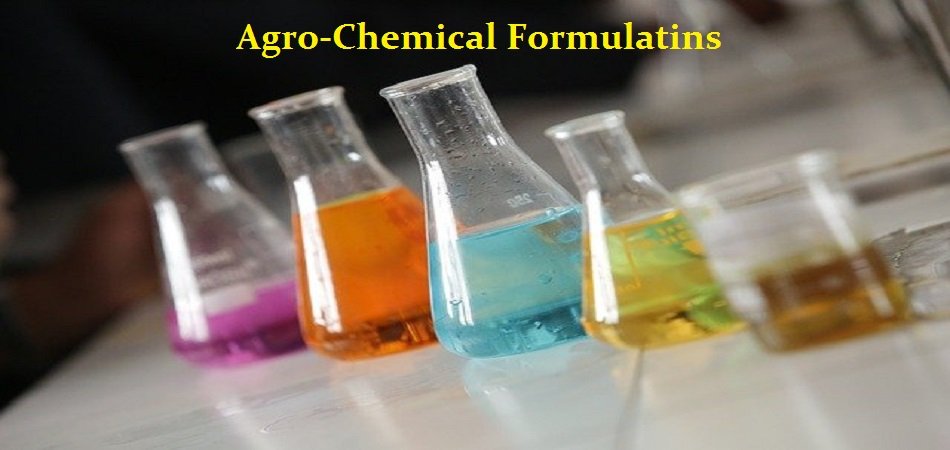CropLife India, an industry body of crop science companies, has urged the government to retain a uniform basic customs duty (BCD) of 10 percent for both technical raw materials and formulations while seeking a reduction in GST on agrochemicals from the current 18 percent to 12 percent, a move that would directly benefit the farmers.
Also Read: Pesticides and Agrochemical producers have sought a reduction in the GST
In a memorandum, CropLife has also urged the government to provide a 200 percent weighted deduction on research and development expenses by pesticide companies.
Asitava Sen, CEO, CropLife India, said Budget 2022-23 should look at reforms for augmenting the farmers’ income and overall growth of the sector.
‘The import of new for-India single molecules or their various combinations aids farmers in combating resistance, climate change, new invasive pests, and improving the global competitiveness of Indian agricultural products. Once the farmers adopt these new solutions, local manufacturing begins and supports ‘Make In India’.
Formulation imports are then converted into Formulations manufacturing and then into technical manufacturing in India. As a result, the topic of imports must be approached holistically and factually, rather than narrowly, so that stakeholders in the service of Indian agriculture are not misled by motivated claims and narrow perceptions,’ Sen said in a press release.
CropLife’s recommendation for a uniform BCD of 10% comes in response to industry demands for an increase in BCD on pesticide formulations from 10% to 30%.
Sector leader
Given the industry’s potential, the government recently designated agrochemicals as a Champion Sector, in which India can become a major global manufacturing hub.
Also Read: Karnataka urged Union Govt to intervene for duty-free imports of 12 lt of soymeal
However, if India is to become a global supply hub, its regulatory processes must be in accordance with the global regulatory framework, according to Sen. ‘We cannot have a dual policy of stifling formulation imports while encouraging formulation exports in India. We urge the Indian government to implement a science-based, progressive, and predictive regulatory regime so that the sector can reach its full potential,’ he said.


















Add Comment